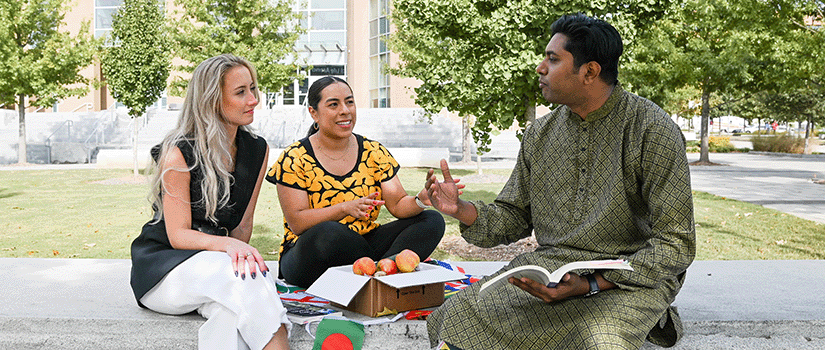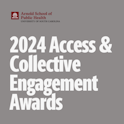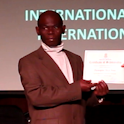
Tara Sabo-Attwood returns to USC as new dean for the Arnold School of Public Health
Donna Arnett, executive vice president for academic affairs and provost, is pleased to announce the selection of a highly accomplished public health leader, Tara Sabo-Attwood, as the new dean beginning August 1.





